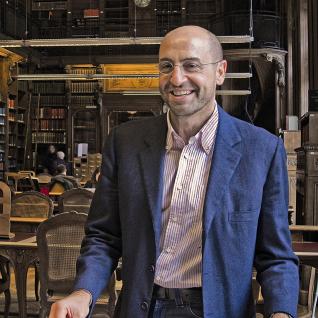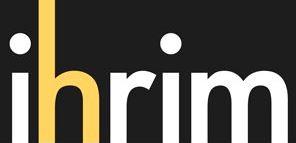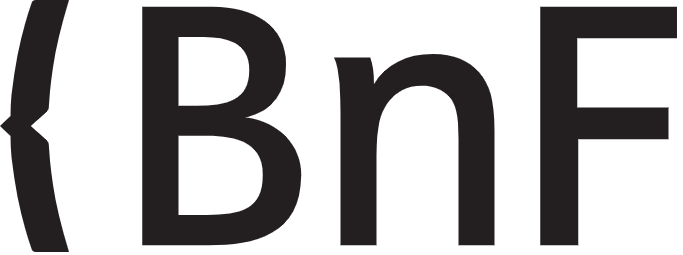The Bipulum project, directed by Emmanuelle Chapron (Aix-Marseille University / EPHE-PSL), aims to illuminate a blind spot in the history of the Enlightenment by listing and studying existing public libraries in France in the 18th century to understand how, even before the French Revolution, the idea—and practice—of the library as a public service emerged.
Presentation
This research programme brings together the Telemme (Aix-Marseille University), IHRIM (Lyon 2 University) and the Centre Jean-Mabillon (École nationale des chartes - PSL) laboratories, as well as the Bibliothèque Nationale de France, and it is coordinated by Emmanuelle Chapron(Aix-Marseille University / EPHE-PSL), as scientific director of the project along with Christine Bénévent(ENC / CJM), Fabienne Henryot(Enssib / IRHIM) and Gennaro Toscano(BNF and ENC / CJM). It will be rolled out over 48 months, starting 1 March 2024.
In France, the history of public libraries began mostly with the French Revolution. The period between the first wave of ecclesiastical confiscations (1789) and the decree creating municipal libraries (1803) was the foundation, if not of institutional achievements, at least of the idea of the public library as a place where books and knowledge could be disseminated as widely as possible. The BIPULUM project (Public Libraries in the France of the Enlightenment) aims to shed light on what remains a blind spot in the history of the Enlightenment. It aims to identify and study the public libraries existing in France in the eighteenth century, from the perspective of urban history, political history and the history of cultural practices, to understand how the idea—and practice—of the library as a public service emerged before the Revolution.
The core of the project consists in developing an online directory of Ancien Régime public libraries, enriched with previously unpublished documents (founding texts, regulations, descriptions, inventories, etc.), in addition to a joint publication of the proceedings of three scientific meetings, and various dissemination materials developed in partnership with libraries. The project consists of a small team and relies on close collaboration with conservation professionals.
Funding
Allocated budget:
€350,000
in ANR funding






![Georg Daniel Heumann (1691-1759), Bibliotheca Büloviana Academiae, Georgiae Augustae donata Göttingae – La Biblioteca della Università di Göttinga – Di Universitäts Bibliothec zu Göttingen [Augsburg: Georg Balthasar Probst, 1760/70]](https://www.chartes.psl.eu/sites/default/files/public/styles/card_landscape/public/media/image/2024-03/bookshop2_0.jpg?h=952c3287&itok=5IJvSP6_)


